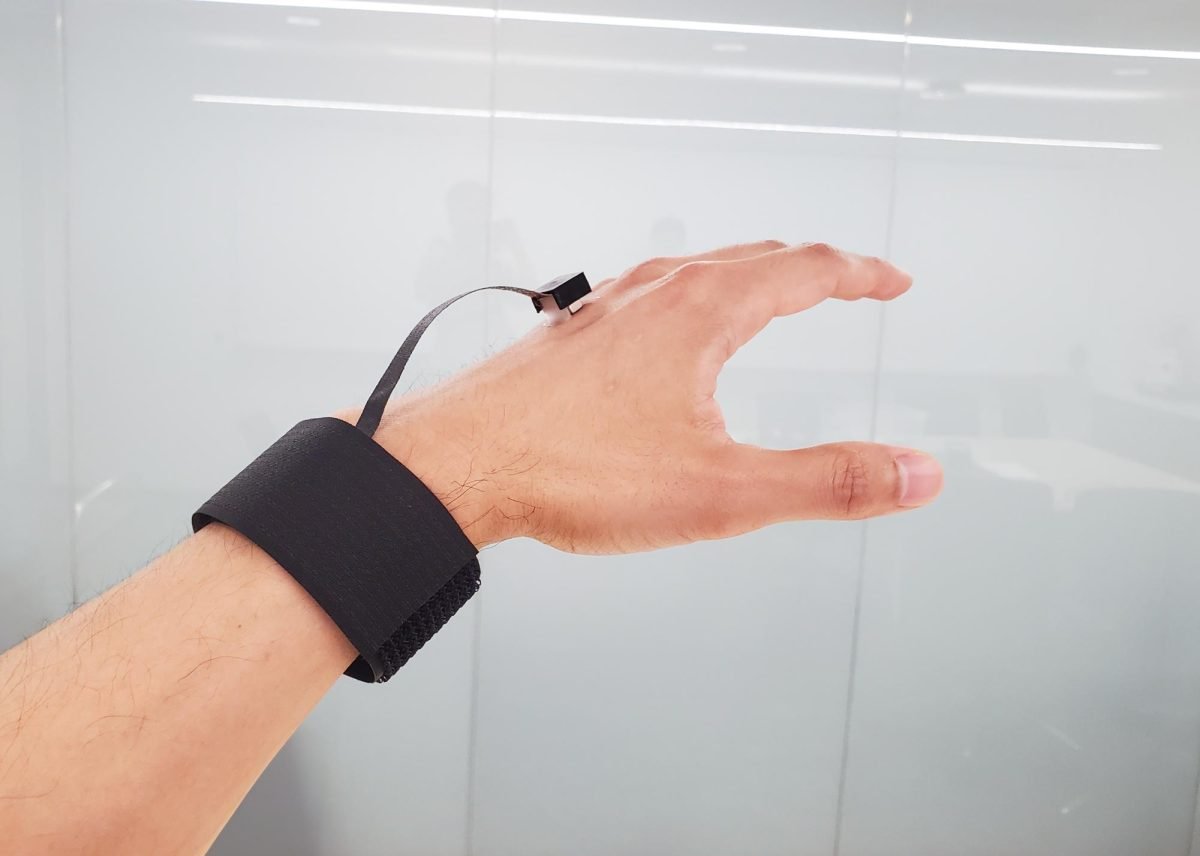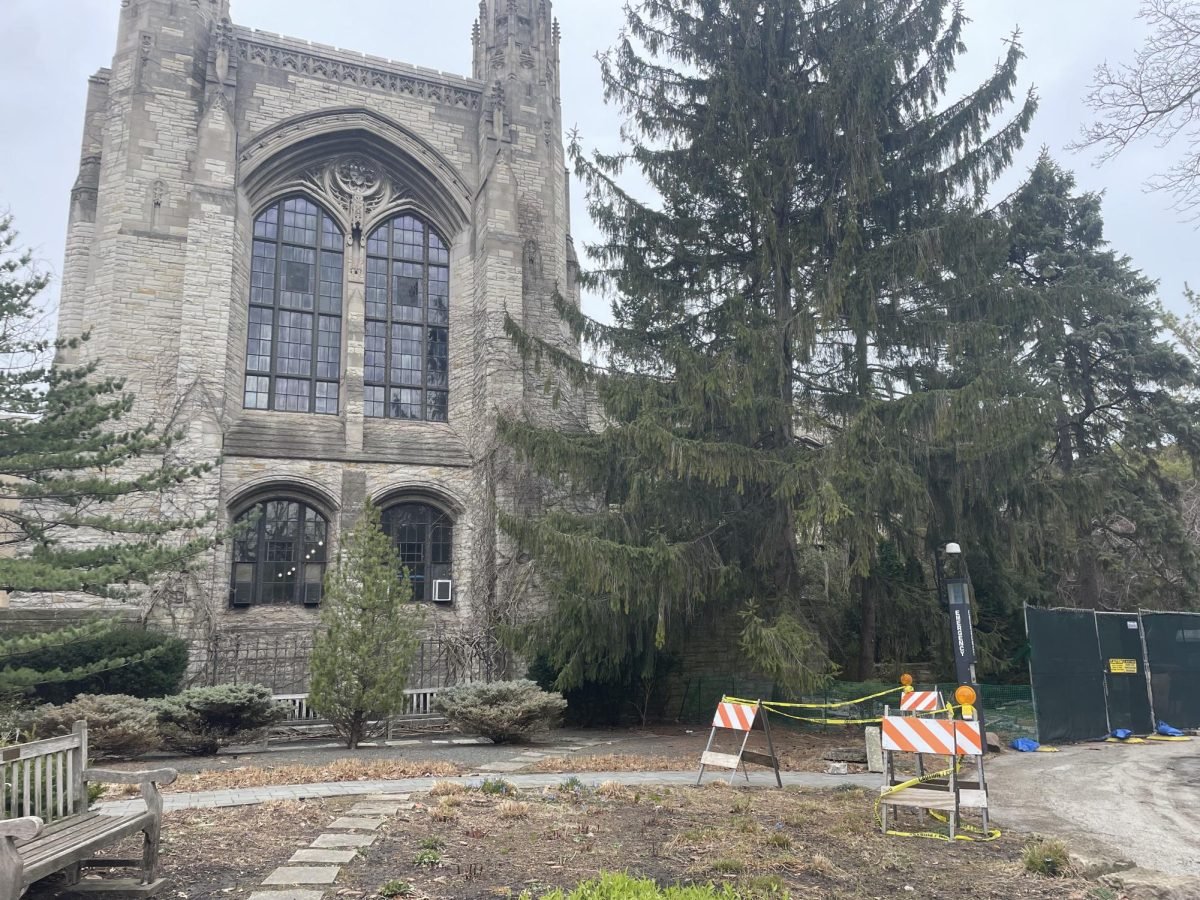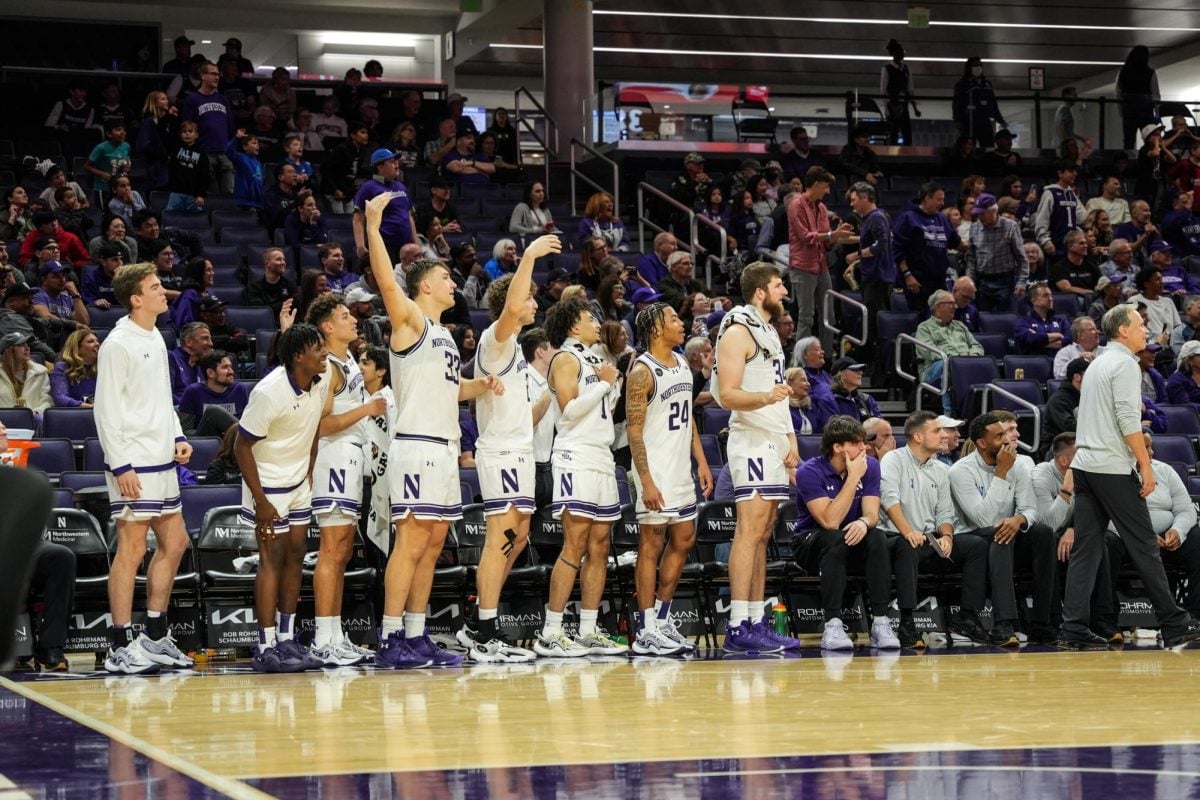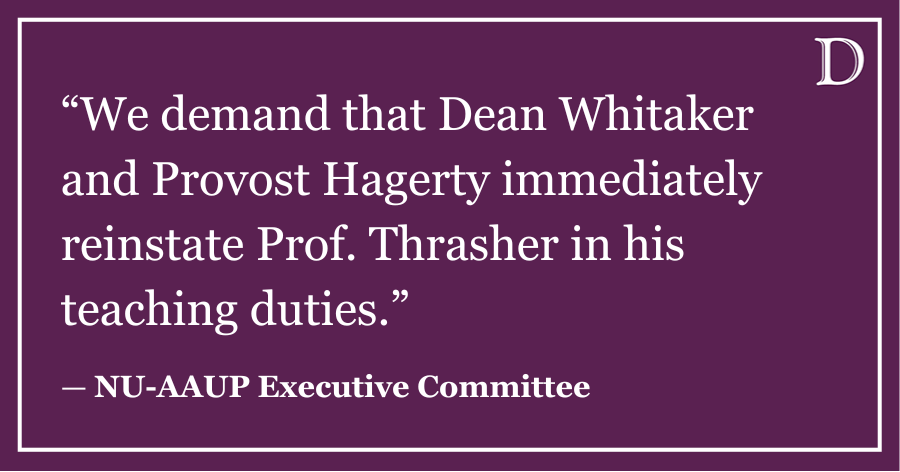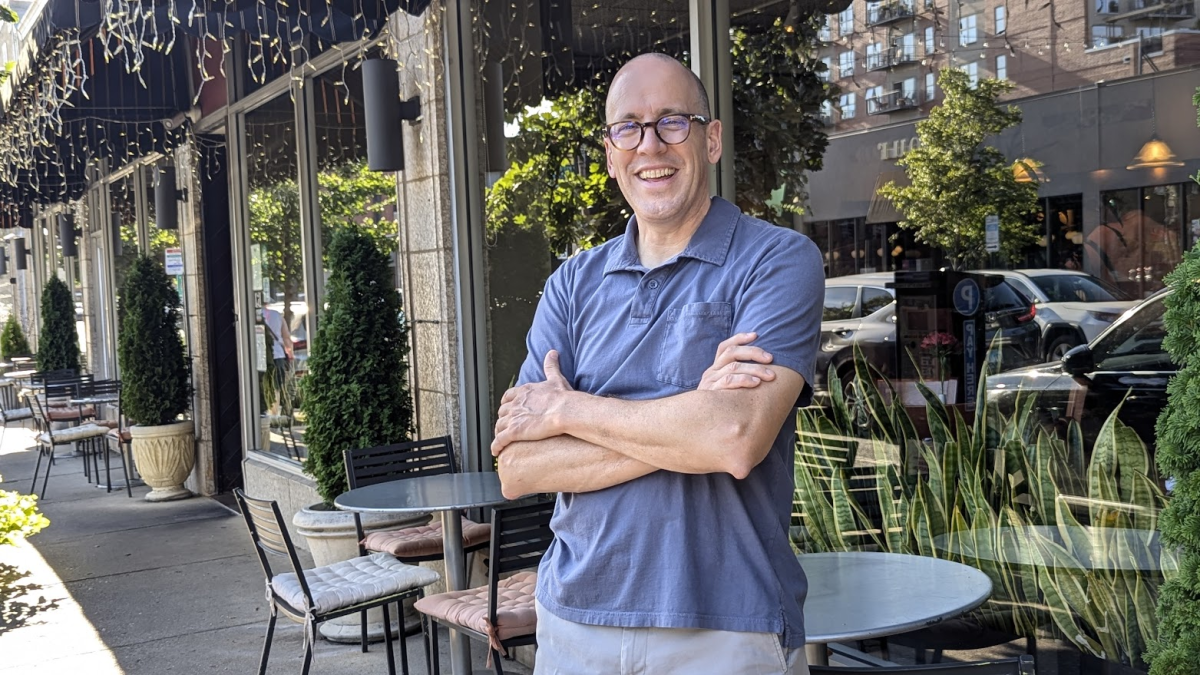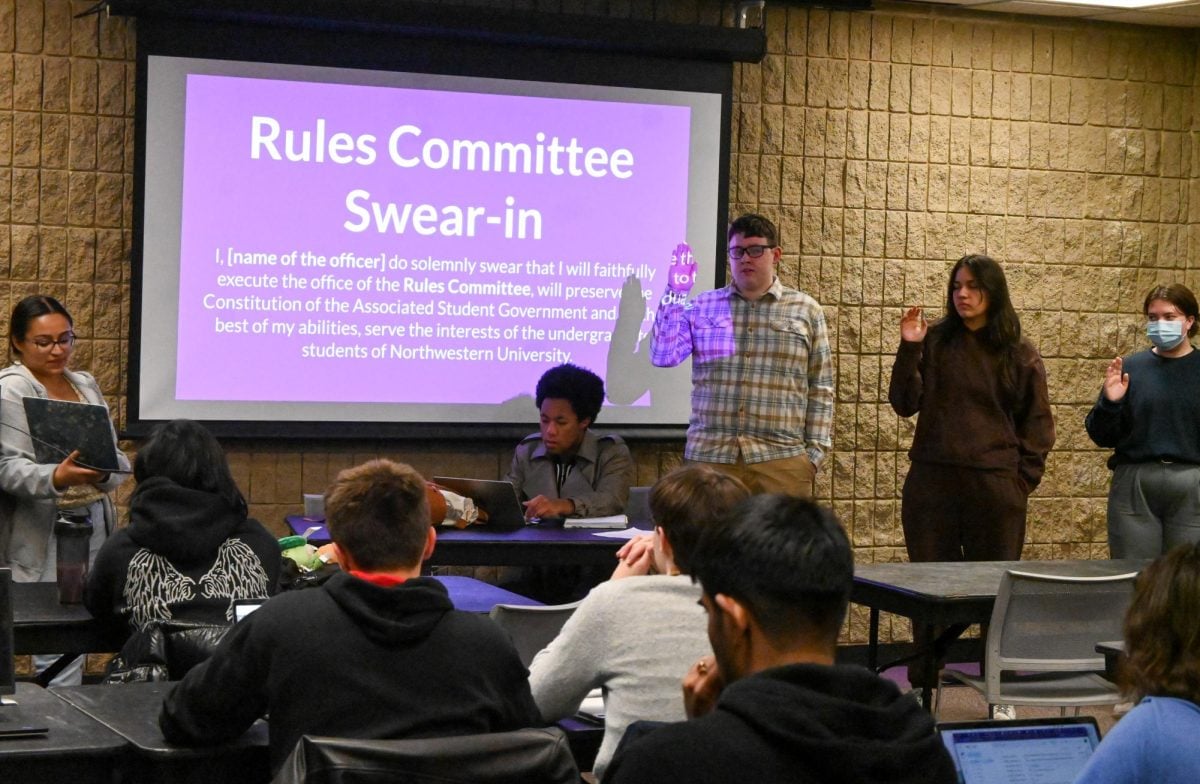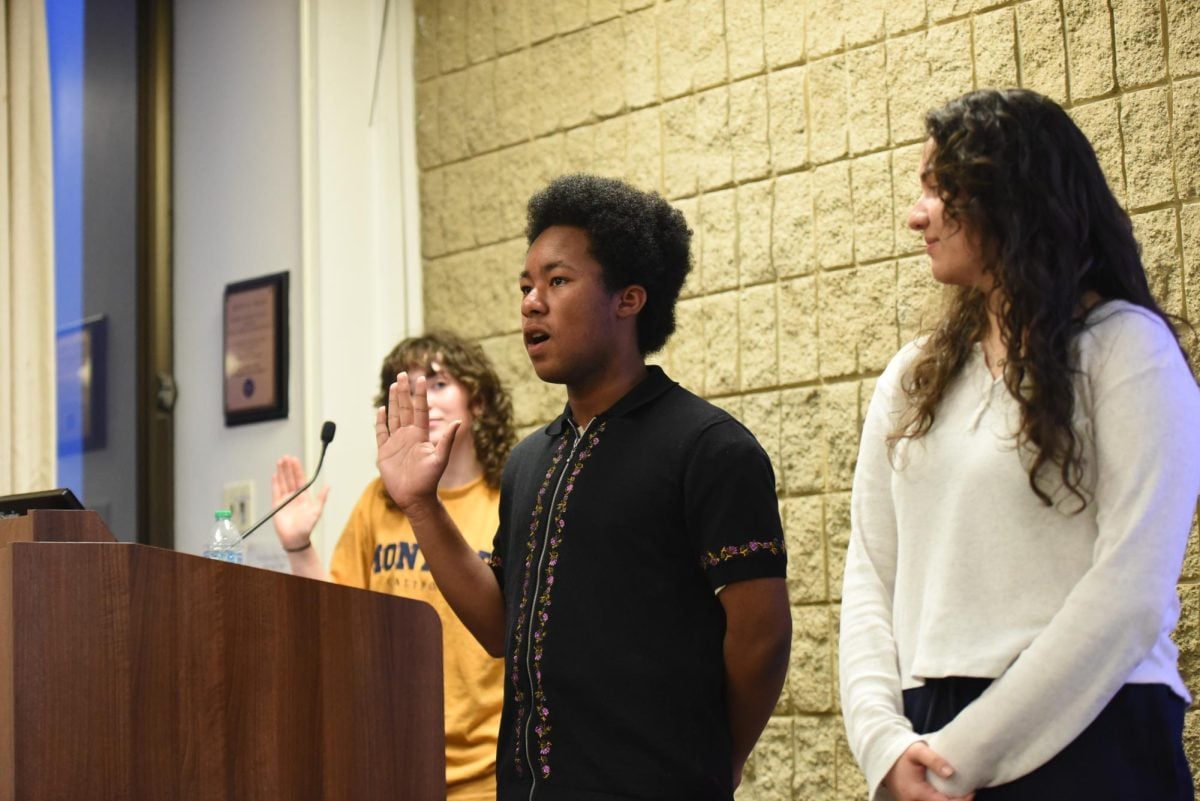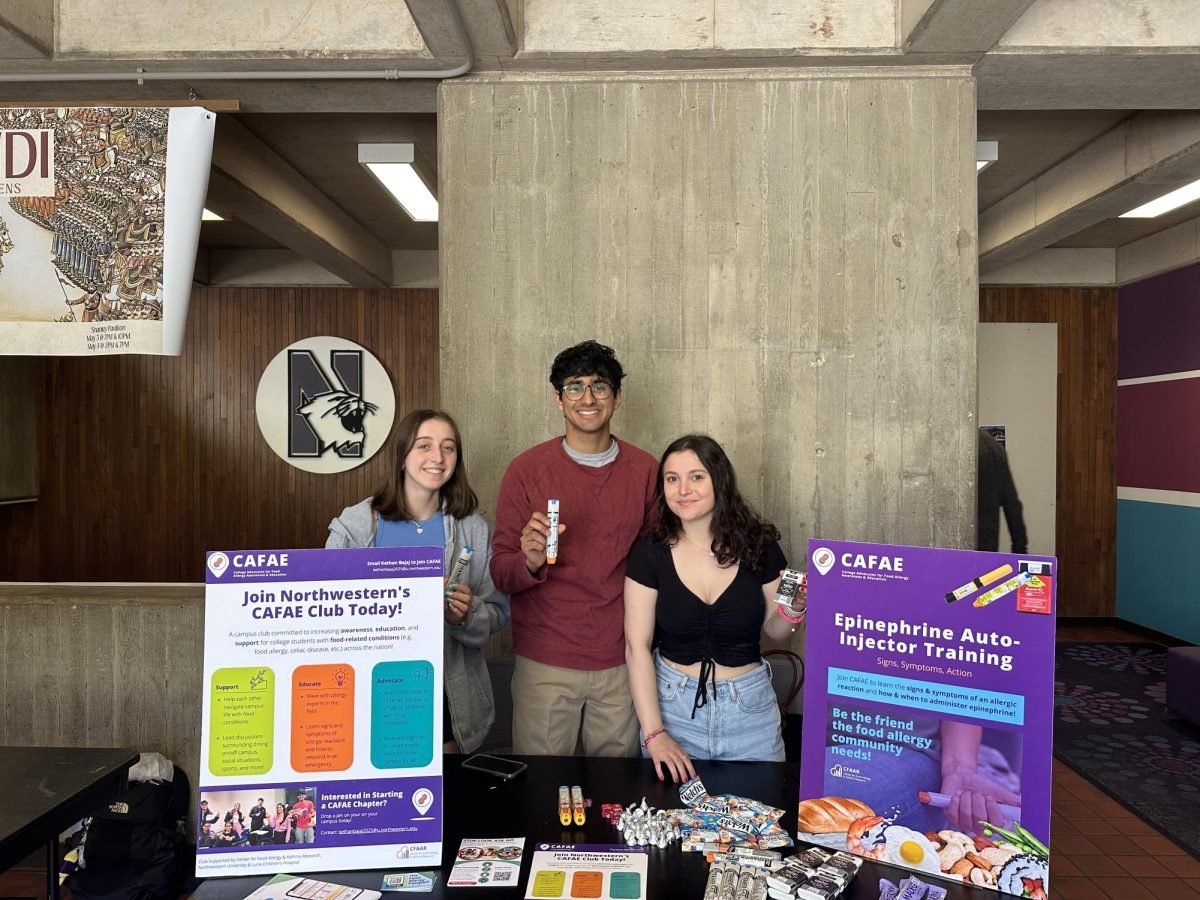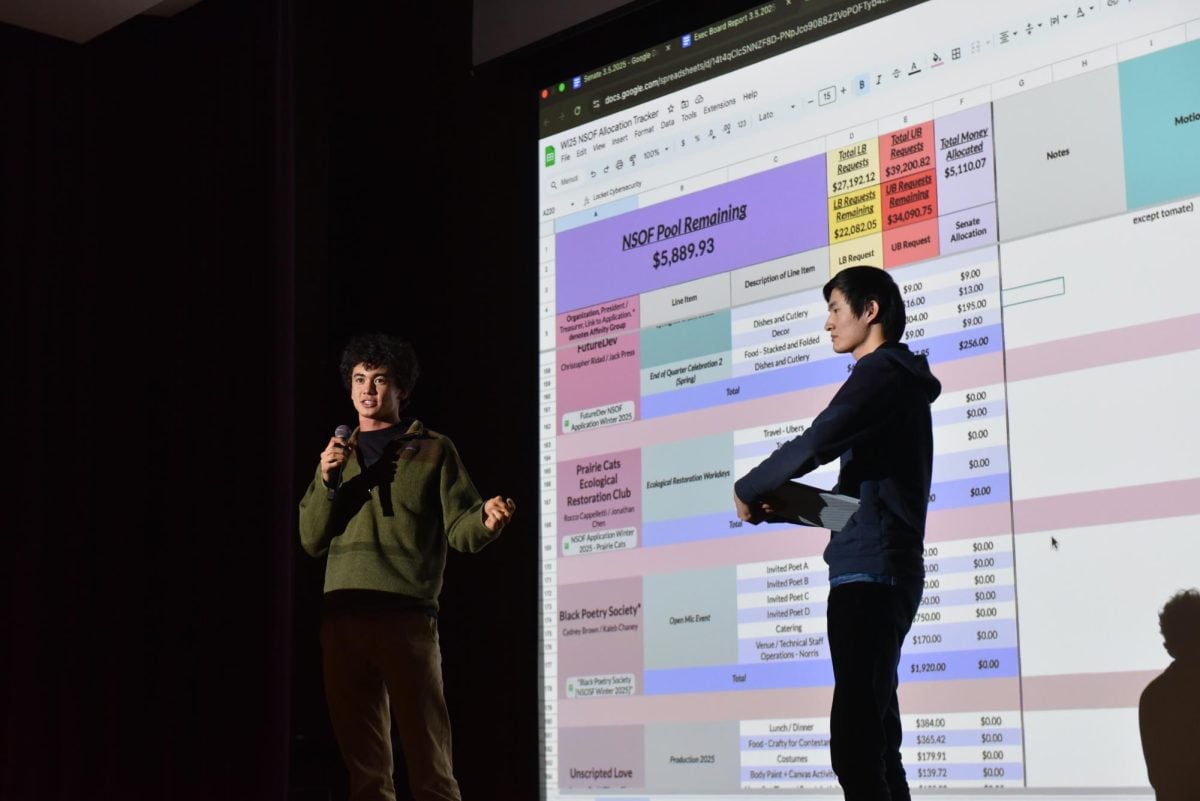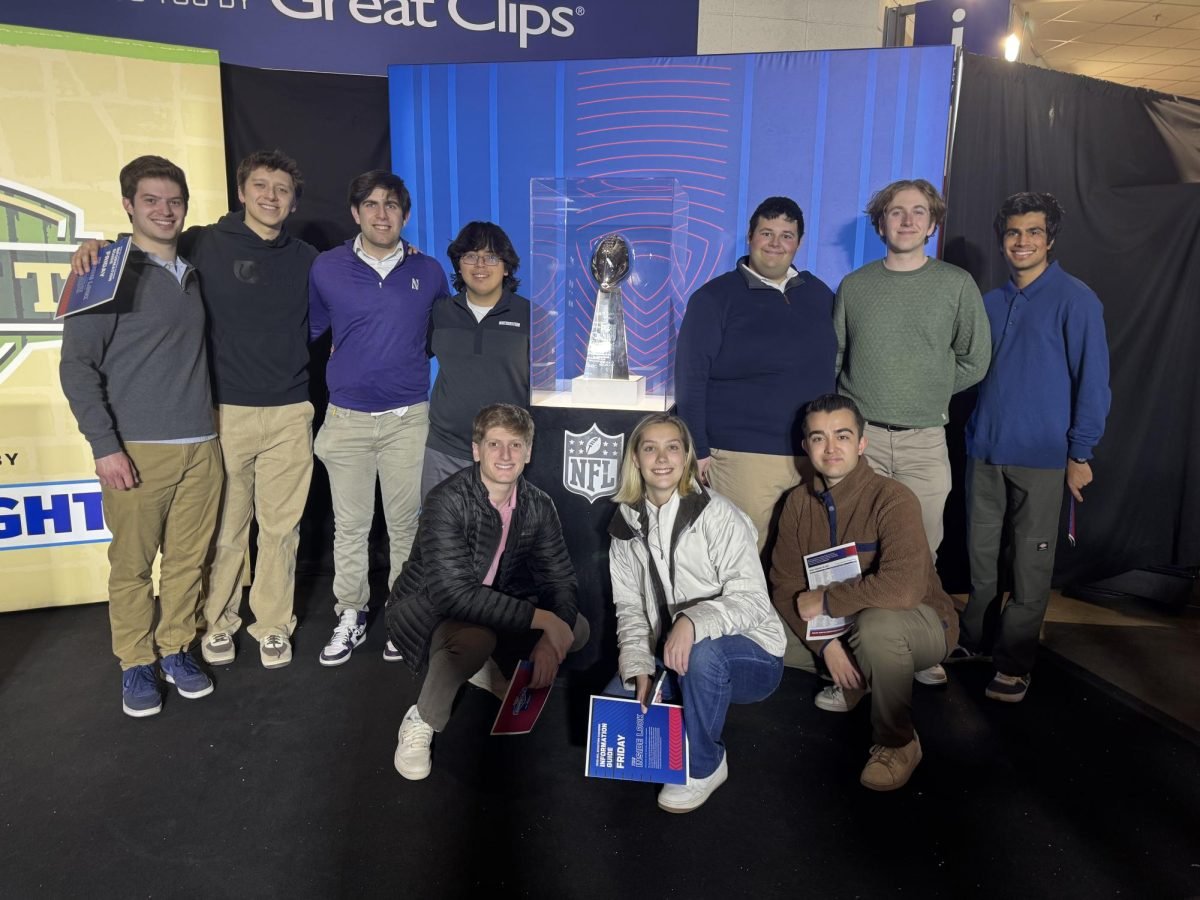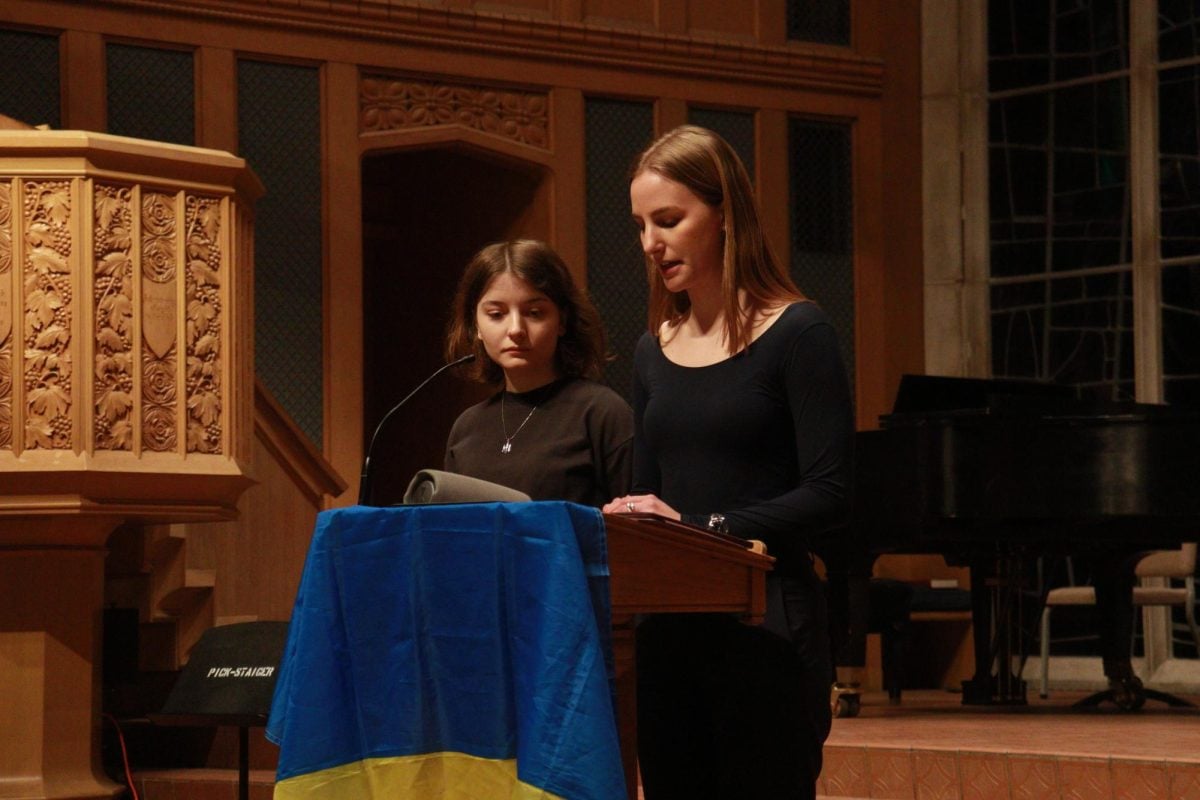Associated Student Government elections for the 2023-24 academic year will take place Thursday through Sunday, offering students the opportunity to select who will represent them in ASG’s primary legislative body.
Voting opens at 7 p.m. on Thursday and closes at 7 p.m. on Sunday. All undergraduate students are eligible to vote and can do so through Wildcat Connection.
ASG Senate consists of 40 total seats: 20 Senators who represent the various undergraduate schools at NU — proportional to their enrollment — and 20 who represent student groups. The body is responsible for writing and voting on legislation, deciding how to allocate funding to student organizations, and serving as a liaison between the student body and administration.
All 20 school seats are up for grabs this fall, with 10 seats for the Weinberg College of Arts and Sciences, four for the McCormick School of Engineering, two for the School of Communication, two for the Medill School of Journalism, one for the Bienen School of Music and one for the School of Education and Social Policy.
27 candidates petitioned to run in this year’s election, with 18 candidates for Weinberg, four for Medill, three for McCormick, one for Bienen, one for SESP, and no candidates for Communication. Candidates must collect 30 signatures from current NU undergraduates to appear on the ballot.
Answers have been edited for brevity and clarity.
Weinberg senior Dylan Jost, ASG’s executive officer of democracy, said voting in Senate elections is a particularly effective way for students to ensure their interests and opinions are represented in student and administrative decision-making processes.
“The Senate is supposed to represent the student body and truly represent the students,” Jost said. “The students need to vote in the Senate elections so they can choose the people who they want to represent them and to advocate for them, and make sure that their interests and opinions are heard.”
Last year, ASG implemented ranked-choice voting in Senate elections, allowing voters to rank as many candidates as there are seats available for their home school. SESP senior and Speaker of the Senate Leah Ryzenman said this process allows for a vacant seat to be filled, if necessary, as ranked-choice voting makes runner-ups easily identifiable.
Ryzenman also said the legislative duties of the Senate places the body in a unique position to impact the entire NU community.
“If there’s an issue that they’re especially passionate about, a senator can write legislation,” Ryzenman said. “If it’s passed, it really goes to show administration and the community that this is something people care about and want to do something about.”
Ryzenman said one of the Senate’s most important roles is allocating money to student organizations.
The Student Activities Finance Committee has jurisdiction over nearly $1.8 million in student activity funds, and the Senate allocates $15,000 per year to student groups that are less than two years old through the New Student Organization Support Fund.
In addition to the SAFC, several other Senate committees including Sustainability and Justice & Inclusion can offer input on some administrative decisions, McCormick senior and ASG Co-President Molly Whalen said.
“Committees are where a good bulk of the work and especially working with administration happens,” Whalen said. “It’s committees who are in these meetings with administration advocating for different policies. So when you vote for a Senator, you’re voting for who you want to be seated in front of that administrator.”
Email: jacobwendler2025@u.northwestern.edu
Twitter: @jacob_wendler
Related Stories:
— Northwestern commits to funding Dillo Day and Blowout, frees up funds for student orgs
— ASG Senate distributes remaining $1,000 of $30,000 funding budget to student orgs




